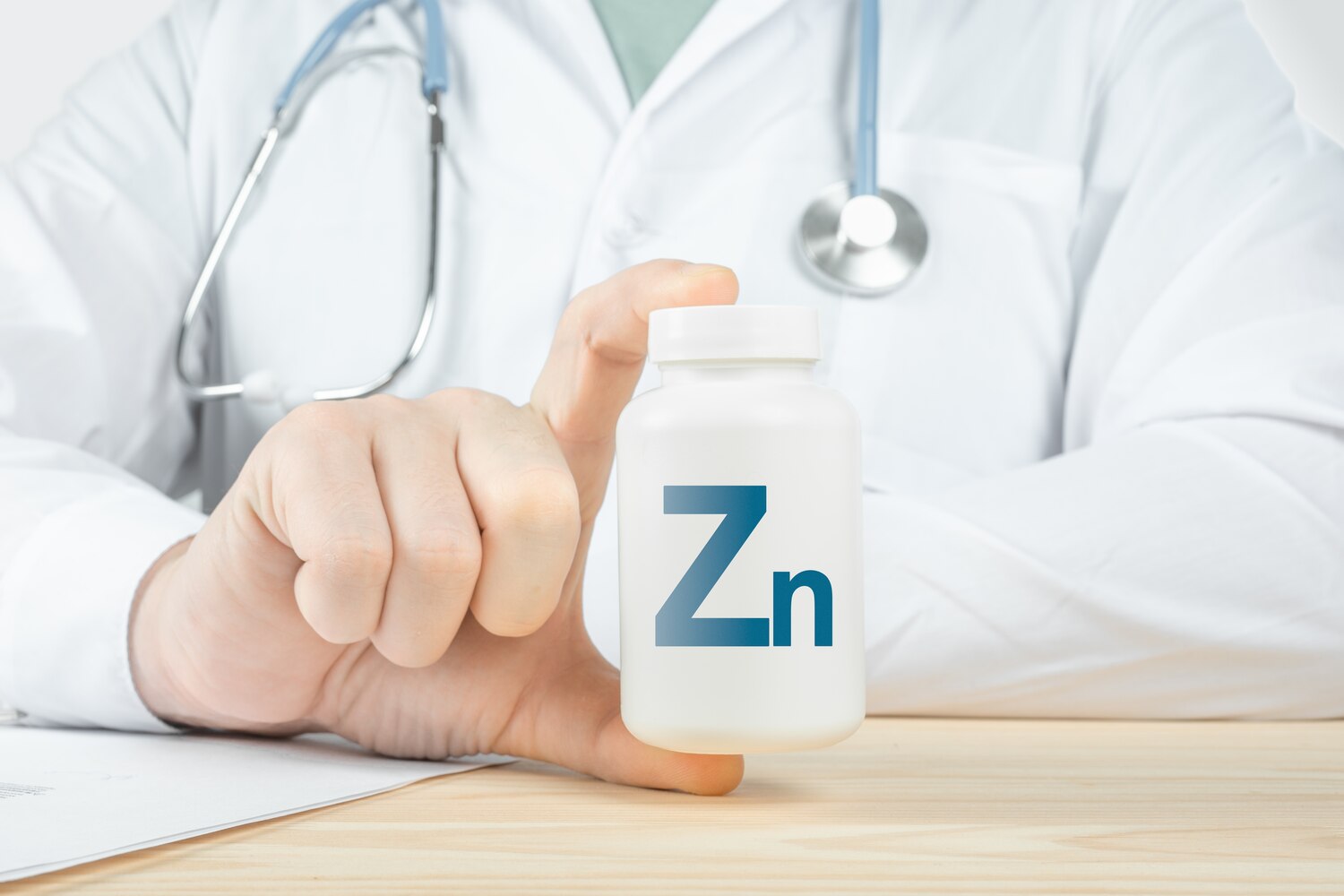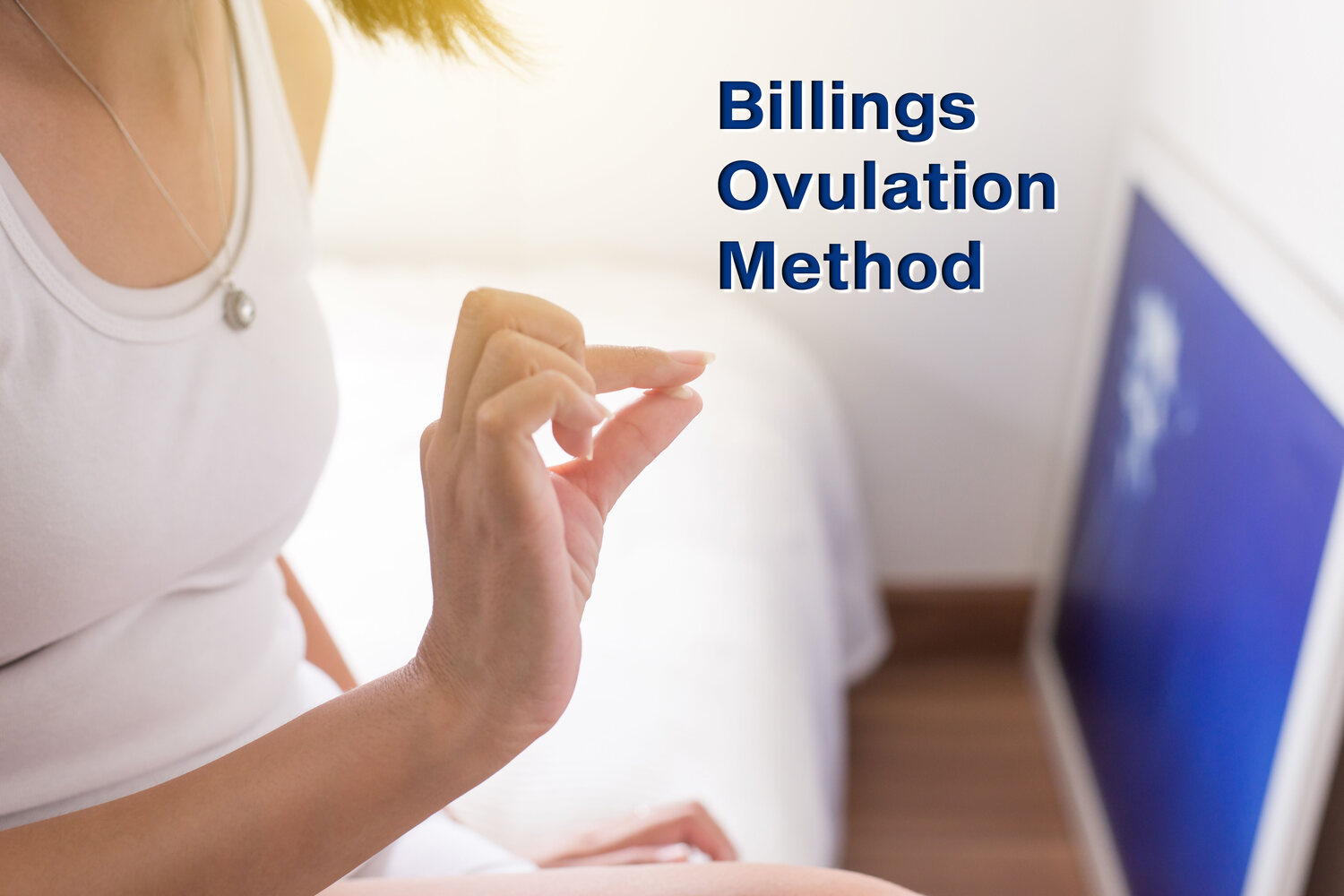
What Are The Side Effects Of Emergency Contraceptive Pills?
5 min readWritten by Editorial Team

 Taking an emergency contraceptive pill after unprotected sex has helped many couples avoid any risk of pregnancy. So, it does not come as a surprise that the number of women who are getting comfortable using emergency contraceptive pills has increased tremendously compared to the last few years.
Taking an emergency contraceptive pill after unprotected sex has helped many couples avoid any risk of pregnancy. So, it does not come as a surprise that the number of women who are getting comfortable using emergency contraceptive pills has increased tremendously compared to the last few years.
But do these emergency contraceptive pills have any side effects? On what occasion one could take morning pills? is it safe for all women? Continue reading to know about this.
In This Article
- What Are Emergency Contraceptive Pills?
- What Are The Types Of ECPs?
- Common Side Effects Of Emergency Contraceptive Pills
- Do ECPs Have Any Side Effect On The Menstrual Cycle?
- Do Emergency Contraceptive Pills Have Any Side Effect On Future Pregnancy?
- Are There Any Long-Term Side Effects Of Emergency Contraceptive Pills?
- Do Emergency Contraceptive Pills Protect Against Sexually Transmitted Diseases?
- Who Should Not Consume Emergency Contraceptive Pills?
What Are Emergency Contraceptive Pills?
Emergency contraceptive pills (ECPs) are oral medications that can be consumed by women who have had unprotected sex, either consensual or forced. These pills are also called ‘morning-after pills’ or ‘day-after pills’. No contraception method is 100% foolproof, and hence the use of oral contraceptive pills may not guarantee complete freedom from conception.
Having said this, emergency contraceptive pills significantly reduce the chances of conception after unprotected sex. Some of these pills can be taken immediately after intercourse or within a window of up to five days after unprotected sex. It is important to note that emergency contraceptive pills help prevent getting pregnant. They do not terminate a pregnancy if it already exists.
What Are The Types Of ECPs?
The following are the major types of emergency contraceptive pills available on the market.
- Progestin-only emergency contraceptive pills: One of the most commonly available types of emergency contraceptive pills contains levonorgestrel or progestin – a hormone with effects like progesterone. Progestin-only emergency contraceptive pills are less likely to have any side effects as compared with combined ECPs. Pills comprising the generic formulation are available over-the-counter under different brand names
- Non-hormonal pill: The other type of commonly available emergency contraceptive pill is a non-hormonal pill that contains ulipristal acetate – a selective progesterone receptor modulator. Ulipristal acetate ECPs are well tolerated by the body and can be taken up to 5 days after unprotected sex. It is believed to be more effective than progestin-only ECPs. These medications are regulated and hence are available as prescription drugs in the US and Europe
- Combined Emergency contraceptive pills: The third type of emergency contraceptive pills is the ‘Combined Emergency contraceptive pills’ as they use both progestin and estrogen hormones. These morning pills are available in the market under different brand names. These pills are highly effective, but induce moderate side effects such as nausea and vomiting
Also read: Top 8 Emergency Contraceptive Pills In India– Top Brands and Effectiveness
Common Side Effects Of Emergency Contraceptive Pills

Some of the progestin-only and combined emergency contraceptive pills induce lesser side effects. However, as the drug wears off and is drained out of your system, the symptoms resolve and you start feeling much better. These symptoms are:
- Nausea and vomiting
- Dizziness and headache
- Tiredness and fatigue
- Some other common side effects are tenderness of breasts, allergies and rashes, abdominal pain, and diarrhea
Do ECPs have Any Side Effect On The Menstrual Cycle?
Emergency contraceptive pills can have a potential impact on the length of your menstrual cycle. You may expect your period in the subsequent month to arrive as much as either a week earlier or a week later than the regular date. If your period is delayed for more than a week after the usual date, you could take the pregnancy test with the help of the kit available in the market.
Some women experience unexpected bleeding after taking ECPs. If this vaginal bleeding lasts more than three days, then bear in mind that it is not a common symptom, and hence needs to be taken in all its seriousness. You must contact your health care provider or visit your doctor soon.
Do Emergency Contraceptive Pills Have Any Side Effect On Future Pregnancy?
In several tests and trials conducted by doctors and scientists over the years, there has not been a potential conclusion about emergency contraceptive pills leading to infertility. While some tests have inconclusively pointed out a relation between the use of emergency contraceptive pills and ectopic pregnancy – a pregnancy that takes place outside the uterus, in general, emergency contraceptive pills have not shown to have any adverse effects on future pregnancy.
However, due to hormonal changes and the lengthening of the menstrual cycle, accurately predicting ovulation day, and getting pregnant may take time. Due to these reasons, one must take ECPs only during an absolute emergency. Doctors do not recommend the use of ECPs over other methods of emergency contraception, and of course, regular contraception.
Are There Any Long-Term Side Effects Of ECPs?

Again, emergency contraceptive pills lacks long-term side effects or serious side effects. A research conducted back in 2003 postulated that a certain brand of progestin-only emergency contraceptive pills could lead to significant weight gain. It could also bring about gallbladder disease, ovarian cyst enlargement, high blood pressure, and respiratory disorders.
It is also found morning pills can lead to bulimia, anorexia or clinical depression in women (source). However, there are no other studies to support this. Hence ECPs are rather safe for consumption and do not lead to any long-term or serious side effects.
Do Emergency Contraceptive Pills Protect Against Sexually Transmitted Diseases?
No. Emergency contraceptive pills do not protect you from sexually transmitted diseases such as syphilis, gonorrhea and the HIV virus. You must, in all capacity, avoid sexual intercourse with people infected with the HIV virus. If at all you do have sexual contact with such a person, ensure that you use a latex condom, correctly.
Who Should Not Consume Emergency Contraceptive Pills?
Women who are already pregnant or may be pregnant must stay away from ECPs. Although there is no certain and documented study linking the use of ECPs with fetal loss in humans, it is best to avoid taking these medications if one is pregnant. Also, women suffering from clotting diseases should not use ECPs.

Editorial Team,
With a rich experience in pregnancy and parenting, our team of experts create insightful, well-curated, and easy-to-read content for our to-be-parents and parents at all stages of parenting.Read more.
Responses (0)
Want curated content sharply tailored for your exact stage of parenting?
Related articles

Can a High-Protein Diet Affect My Chances of Getting Pregnant?

Does Having Too Much Zinc Affect Fertility in Both Men and Women?

Fertility Supplements and Vitamins For Men – Does it Improve the Sperm Quality

Evening Primrose Oil For Fertility – Does it Help to Conceive, How to Take and Side Effects

Billings Ovulation Method to Get Pregnant – Everything You Need to Know

Bloating During Ovulation – Signs and Tips to Manage
Sponsored content
Discover great local businesses around you for your kids.
Get regular updates, great recommendations and other right stuff at the right time.





